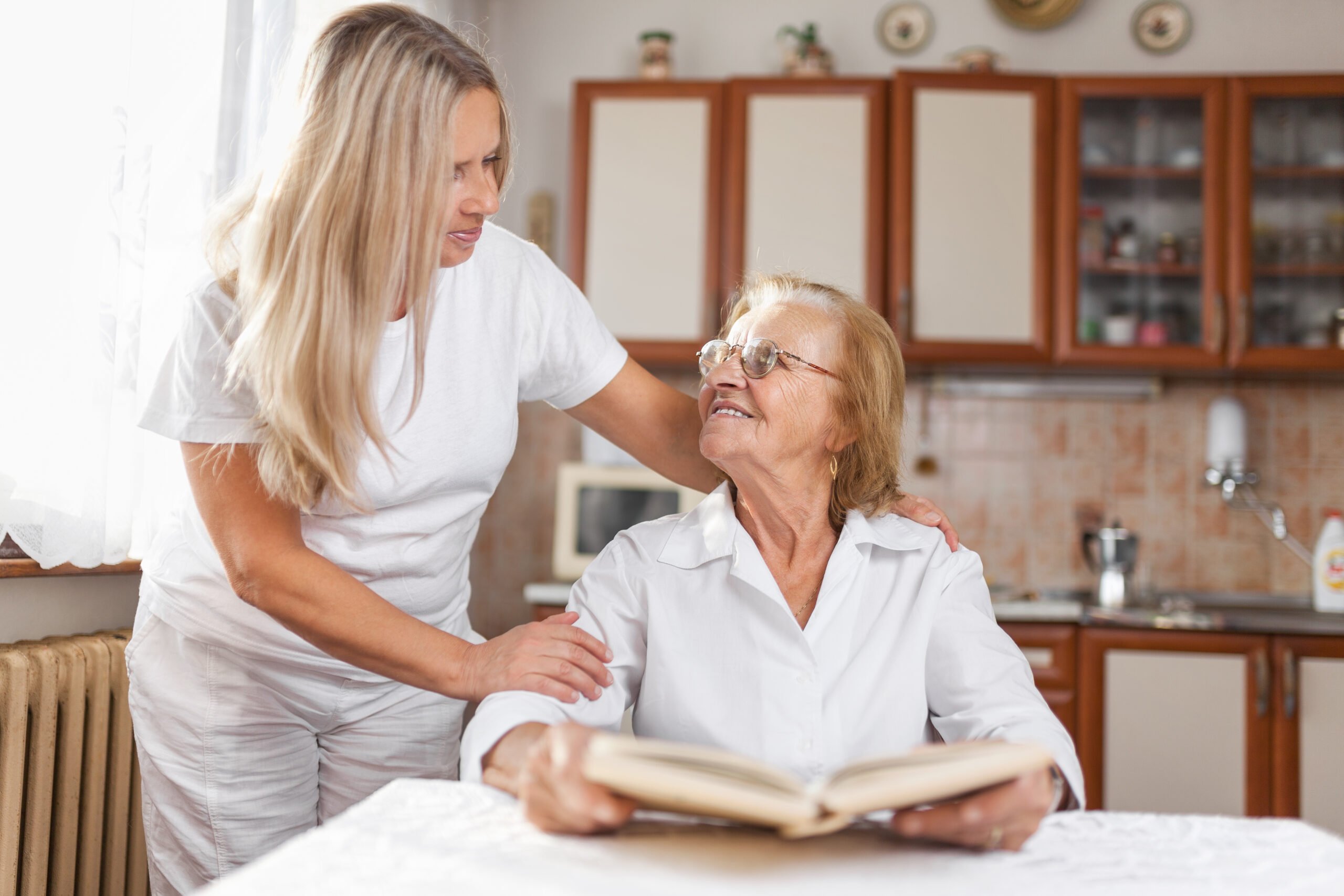Tips for Successful Elderly Care
As the age of our loved ones increases, so does their need for comprehensive and personalized care. At this stage in their lives, it’s crucial to provide them with all the necessary support in the form of elderly care. It may be daunting at the start, but with the right information and guidelines, you can create a safe and comfortable environment for them. In this article, we will guide you through the process of understanding and catering to their unique needs and the best practices for ensuring their overall well-being.
Understanding the Importance of Elderly Care

It’s commonly known that aging brings about changes in a person’s physical, cognitive, and emotional state. Becoming aware of these changes can help in providing appropriate care, which results in better health, happiness, and a higher quality of life for both caregivers and those in their care.
Elderly care isn’t just about providing physical support or help with daily tasks. It’s also about understanding and respecting their emotional state, needs, and preferences, and making adjustments accordingly to enhance their comfort and dignity.
In addition, elderly care is crucial in slowing down the development of chronic conditions, preventing injuries, reducing hospitalization rates and, most importantly, enhancing their overall well-being. The importance of elderly care cannot be overstated.
Services like GoGoGrandparent Review can assist in making elderly care seamless, by providing safe and reliable transportation for older adults with a simple text or call.
Identifying the Unique Needs of Aging Adults

The specific needs of every aging adult may differ based on their health status, lifestyle, and personal preferences. It is crucial to discuss and understand these needs in order to provide an individualized care plan.
From managing chronic diseases to ensuring proper nutrition, to helping with daily tasks and mobility, the care needs can be vast and diverse. Discussing these needs with your healthcare provider can help establish a care plan and manage expectations.
Moreover, the psychological aspects of aging such as loneliness, boredom or anxiety should also be considered. In this case, maintaining a social life can be as important, and sometimes more so, than medication.
A comprehensive caregivers’ training can provide insights into how to identify and address these needs and educate on the various aspects of elderly care.
Nurturing Emotional Well-Being of the Elderly
Elderly people may face numerous emotional disturbances, including depression, anxiety, and loneliness. Emotional well-being can dramatically influence one’s health and future. Thus, it’s vital to ensure their emotional happiness in conjunction with their physical health.
Activities such as music, arts, gardening, or group activities can enhance happiness levels. A range of therapies like art therapy, music therapy, or pet therapy can also contribute significantly to their emotional well-being.
Support and quality companionship are two significant aspects that foster emotional health. Showing your emotional support, validating their feelings, and providing them a companion to share and express can make a big difference.
Also, helping them to maintain their independence, to the extent possible, can give them feelings of self-worth and control over their lives.
Role of a Healthy Diet and Regular Exercise in Elderly Care
Good nutrition and regular physical activity can play a central role in promoting health and preventing disease among elderly individuals. Eating a healthy diet rich in fruits, vegetables, lean protein, and whole grains and being physically active can help them maintain a healthy weight, muscle strength and good mental health.
Even if they are suffering from a condition like osteoporosis or arthritis, there are still many activities they can do. Steering clear from a sedentary lifestyle can promote cardiovascular health, strength and flexibility.
Even light and moderate exercises like walking, gardening, or gentle yoga can make a big difference. The key is consistency and making it a part of their daily routine.
Due to possible medical conditions and a slower metabolism, the nutrition needs of older adults may change. Therefore, having a well-planned, nutritious diet can support their unique needs.
Overall, providing a comprehensive elderly care that caters to all aspects including physical, emotional and nutritional needs, and fostering strong supportive relationships can make a significant difference in improving the quality of life for older adults. Keep in mind, this is a journey that requires patience, compassion, and understanding.





